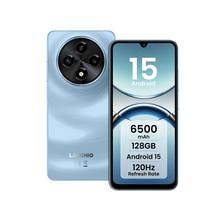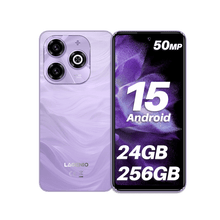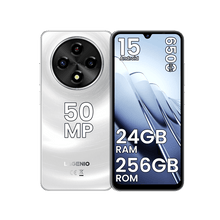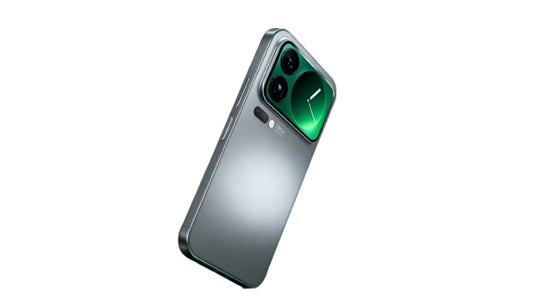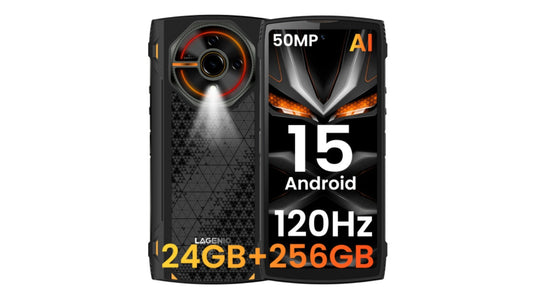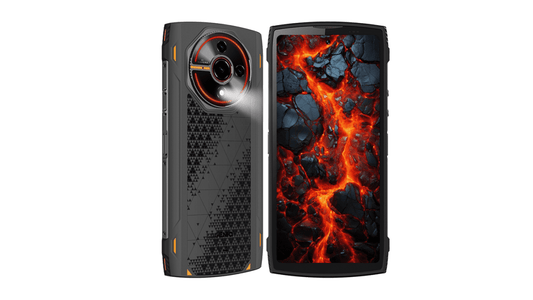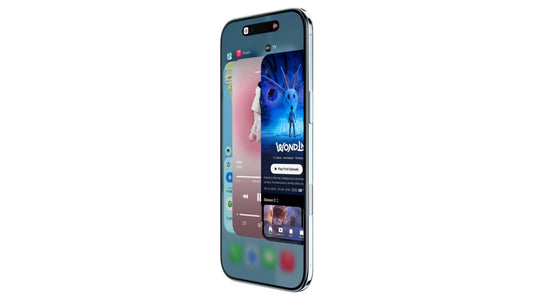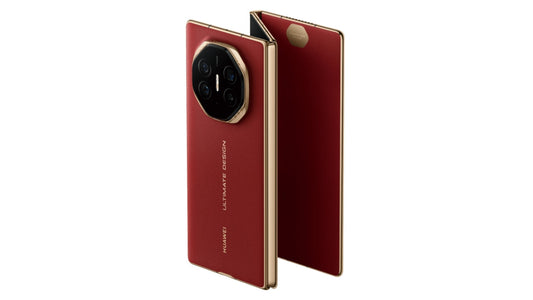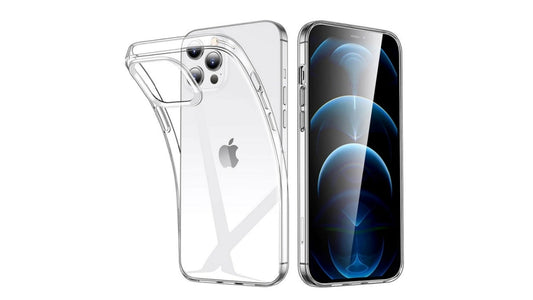Top 20 Smartphone Buying Concerns: What Users Really Care About
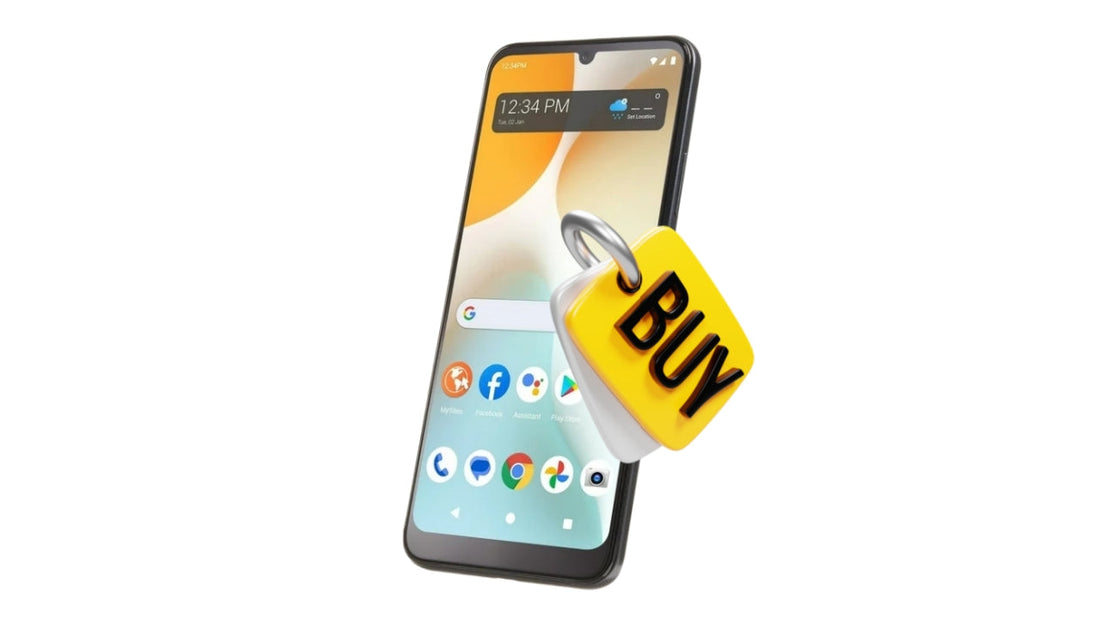
Welcome to the LAGENIO Smartphone Blog — where your mobile questions get clear answers.
Choosing the right smartphone today is no easy task. The market updates at lightning speed, with new models launching almost every month. For consumers, this constant refresh creates confusion: Which phone actually fits my needs?
At LAGENIO, our team has been building and selling smartphones for decades. With tens of thousands of surveys and direct feedback from users across Europe and beyond, we’ve compiled a data-backed ranking of the Top 20 questions and concerns people have when buying a new smartphone.
1. Price & Value for Money
What consumers worry about:
The balance between budget and features. No one wants to overpay for unused functions, but going too cheap often means sacrificing essentials like performance or long-term updates.
Key data points:
Most popular price ranges: €100–€800
Industry benchmarks:
Entry-level smartphones: ~€200
Mid-to-high range: €500–700
Survey results: 65% of consumers rank price as their #1 buying factor
2. Battery Life & Charging Speed
What consumers worry about:
Running out of power in the middle of the day is one of the biggest frustrations. People also care about how quickly they can recharge when they’re on the go.
Key data points:
- Battery capacity standard: 4000–6000 mAh
- Real-world usage: 10–14 hours of continuous video playback
- Fast charging: 18–33W → typically 50–70% in 30 minutes
- Survey results: 55% of users consider buying a new phone because of poor battery life

For most users, this means all-day use without worry, and a quick top-up while having coffee is enough to keep going.
3. Camera Performance
What consumers worry about:
For many buyers—especially younger users—the smartphone camera is the deciding factor. People want sharp daytime shots, bright night photos, smooth video with stabilization, and AI optimization that makes images look professional without effort.
Key data points:
- Main camera resolution: 12–108 MP range across current smartphones
- Night photography brightness: 0.1–0.3 lux detection capability
- Video quality standard: Up to 4K at 60 fps
- Stabilization: Electronic Image Stabilization (EIS) at 3–4 levels
- Survey results: 75% of younger users say camera is their top consideration
For everyday users, this means social-media ready photos and videos without needing to carry a DSLR.
4. Software Updates & Security Patches
What consumers worry about:
A phone’s hardware may last 3–4 years, but outdated software often forces users to upgrade early. Regular updates also matter for privacy and app compatibility.
Key data points:
- Industry average: 2–3 years of major Android/iOS updates
- Security patches: Typically 3 years, with monthly or quarterly releases
- Survey results: 42% of users stop using their phone because the system feels too old or insecure
This ensures your phone stays reliable, compatible, and secure, extending its lifespan without hidden costs.
5. Durability & Protection Rating
What consumers worry about:
Accidental drops, dust, and water damage are among the top causes of phone replacements. Outdoor and professional users demand rugged standards.
Key data points:
- IP68 water/dust resistance (up to 1.5 m for 30 minutes)
- MIL-STD-810G shock and vibration testing
- Drop resistance: up to 1.5 m on concrete
- Survey results: 30% of outdoor/industrial users prioritize durability over design

This makes the Panther2 Pro a strong choice for field workers, hikers, or anyone who needs peace of mind against accidents.
6. Performance
What consumers worry about:
Nobody likes lag. Performance determines whether a phone feels smooth for daily tasks like messaging and browsing, or powerful enough for gaming and multitasking.
Key data points:
- Benchmark scores: 300k–600k (AnTuTu range for mainstream devices)
- RAM standards: 6–12 GB
- Survey results: 40% of users replace their phone due to poor performance
For everyday use, this means lag-free social apps, fast switching between tasks, and a reliable gaming experience.
7. Storage & Expandability
What consumers worry about:
Running out of space for photos, apps, and videos is frustrating. Many users also want flexibility to expand storage later.
Key data points:
- Typical internal storage: 128–256 GB
- Expandability: microSD up to 512 GB–1 TB
- Survey results: 38% of users consider upgrading because storage ran out

This ensures users don’t have to constantly delete old photos or apps—plenty of space for years of usage.
8. Display Quality
What consumers worry about:
A phone’s screen is what you interact with most, so brightness, color accuracy, and smoothness matter. Outdoor readability is also a frequent complaint.
Key data points:
- Size: 6–6.7 inches
- Panel: AMOLED or IPS
- Pixel density: 400–500 PPI
- Brightness: 450–700 nits (daylight visibility)
- Refresh rate: 60–120 Hz
- Survey results: 20% of users report dissatisfaction when the display is hard to read outdoors

This provides an immersive viewing experience for video, gaming, and daily use.
9. Network & Connectivity
What consumers worry about:
Fast, stable connections are essential—whether it’s streaming, online gaming, or working remotely. Compatibility with 5G bands is also critical for international users.
Key data points:
- 5G: Support for global mainstream frequency bands
- Wi-Fi: Wi-Fi 6 as the new standard
- Bluetooth: 5.1–5.3 for stable wireless accessories
- Survey results: 15% of users switch phones due to poor network compatibility
Ensures future-proof connectivity and smooth performance across regions.
10. Warranty, After-Sales & Repair Network
What consumers worry about:
Even the best smartphone can encounter issues, and reliable after-sales service is a key factor in building trust. Consumers want wide service coverage and quick, affordable repairs.
Key data points:
- Warranty duration: 12–24 months (industry standard)
- Global service presence: 40+ countries for top brands
- Survey results: 25% of users report complaints related to after-sales service
 Users benefit from hassle-free repairs and strong global coverage, reducing downtime and frustration.
Users benefit from hassle-free repairs and strong global coverage, reducing downtime and frustration.
11. Privacy & Security
What consumers worry about:
With digital payments and personal data stored on phones, privacy is a top priority. Biometric security and DRM (Digital Rights Management) are often decisive features.
Key data points:
- Security features: dedicated security chips for sensitive data
- Biometric authentication: fingerprint + face recognition as industry standards
- DRM: Widevine L1 for HD streaming (Netflix, Disney+, etc.)
- Survey results: 35% of users rank privacy and security among their top concerns
 Users enjoy both convenience and confidence—fast unlock and secure payments without compromising entertainment quality.
Users enjoy both convenience and confidence—fast unlock and secure payments without compromising entertainment quality.
12. Software Ecosystem & App Compatibility
What consumers worry about:
A phone is only as useful as the apps it can run. Some users struggle when switching between iOS and Android ecosystems, and app availability can be a dealbreaker.
Key data points:
- iOS: tightly integrated ecosystem, exclusive apps
- Android: wider device compatibility, Google Play Store with 3+ million apps
- Survey results: 30% of users abandoned a brand due to ecosystem mismatch

With Android 15, LAGENIO devices provide a familiar environment and full app support, avoiding ecosystem lock-in.
13. Repairability & Spare Part Costs
What consumers worry about:
High repair costs often push users to buy a new phone rather than fix the old one. Easy repairability and affordable spare parts extend a phone’s real life.
Key data points:
- Average repair costs: screen replacement: €50–100; battery replacement: €25–40
- Survey results: 22% of users upgrade to a new phone mainly because repairs cost too much
14. Resale Value & Trade-in Options
What consumers worry about:
A smartphone is not just a gadget—it’s also an investment. Many users now consider the resale value or trade-in program when upgrading to a new device.
Key data points:
- Average depreciation: 20–30% per year (varies by brand)
- iPhones generally retain value longer than most Android models
- Trade-in programs can return up to 50–70% of the original value within the first year
- Survey results: 18% of users said resale value influenced their purchase decision
For budget-conscious buyers, a strong resale value can significantly reduce the long-term cost of ownership.
15. Size & Ergonomics
What consumers worry about:
Comfort matters. A phone that’s too heavy or wide can cause fatigue during long use, especially for one-handed operation.
Key data points:
- Weight range: 180–230 g for mainstream smartphones
- Thickness: 7–9 mm
- Screen size sweet spot: 6.1–6.5 inches for one-handed usability
- Survey results: 20% of users complain their phone feels too big or too heavy
Slim, balanced designs are more suitable for daily carry. Apple recently released the iPhone Air with a thickness of 5.64 mm and a weight of 165 g, which has attracted market attention. LAGENIO Panther2 Pro, as a rugged phone, has a thickness of 11.3 mm and a weight of 266 g, and it is also well received by users.

16. Environmental Impact & Sustainability
What consumers worry about:
Eco-conscious consumers are increasingly considering how sustainable their smartphone is—from materials to recycling options.
Key data points:
- Recycled material use: leading brands now use ≥70% recycled aluminum, plastics, or rare earths in production
- Official recycling/trade-in programs: available in most major markets
- Packaging: trend toward plastic-free, biodegradable packaging
- Survey results: 12% of users consider sustainability when choosing a smartphone
While still a minority, this group is growing—especially in Europe—pushing brands to adopt greener manufacturing.
17. AI Features & Smart Experience
What consumers worry about:
AI is everywhere in marketing, but users are skeptical: are these features genuinely helpful or just gimmicks?
Key data points:
- Common AI features: camera optimization, scene recognition, real-time translation, predictive battery management
- Voice assistant response time: <1 second for best-in-class devices
- Survey results: 60% of users use AI features daily; but only 50% say these features are truly useful

The gap shows that while AI can enhance convenience, real value comes from practical, seamless applications rather than flashy demos.
18. Accessories & Ecosystem
What consumers worry about:
The phone itself is only part of the experience. Chargers, cases, and audio devices play a big role in usability.
Key data points:
- Charger compatibility: official fast chargers must match the phone’s rated power (e.g., 18W, 33W, 67W)
- Protective cases: drop resistance typically 1–1.5 m certified
- Wireless accessories: increasing reliance on Bluetooth 5.x headphones
- Survey results: 15% of users complain about compatibility issues with third-party accessories
Reliable accessory ecosystems—whether official or certified third-party—help ensure longevity and protection for the device.
19. Regional & International Variants
What consumers worry about:
Global users often import phones, but regional versions sometimes differ in connectivity and warranty coverage.
Key data points:
- 5G band compatibility: some models exclude bands needed for certain regions (e.g., US vs EU vs Asia)
- Warranty: not always transferable across regions
- Software: pre-installed apps and update timelines can differ
- Survey results: 10% of users who bought phones abroad faced compatibility or warranty problems
Buyers should always check regional compatibility lists before purchasing internationally to avoid connectivity gaps or denied warranty.
20. Purchase Channels & Best Time to Buy
What consumers worry about:
Where and when to buy can make a significant difference in both price and after-sales service.
Key data points:
- Price variation across channels: ±10–20% (official store vs e-commerce vs carrier contracts)
- Sales cycles: major discounts often align with Black Friday, Singles’ Day (11.11), and new model launches
- Warranty & after-sales: often strongest when purchased via official channels
- Survey results: many users report after-sales experience varies greatly depending on purchase channel
Savvy buyers track seasonal promotions and weigh price savings vs service quality when deciding where to purchase.
Conclusion
When choosing a smartphone, consumers look far beyond performance and price. Battery endurance, software updates, camera quality, display experience, network reliability, resale value, sustainability, and even purchasing channels all play decisive roles.
Backed by decades of market research and user feedback, this ranking highlights the true priorities that shape buying decisions. Whether it’s an ultra-slim lifestyle device or a rugged model built for extreme durability, today’s market ensures that every user can find a smartphone perfectly aligned with their needs and lifestyle.





